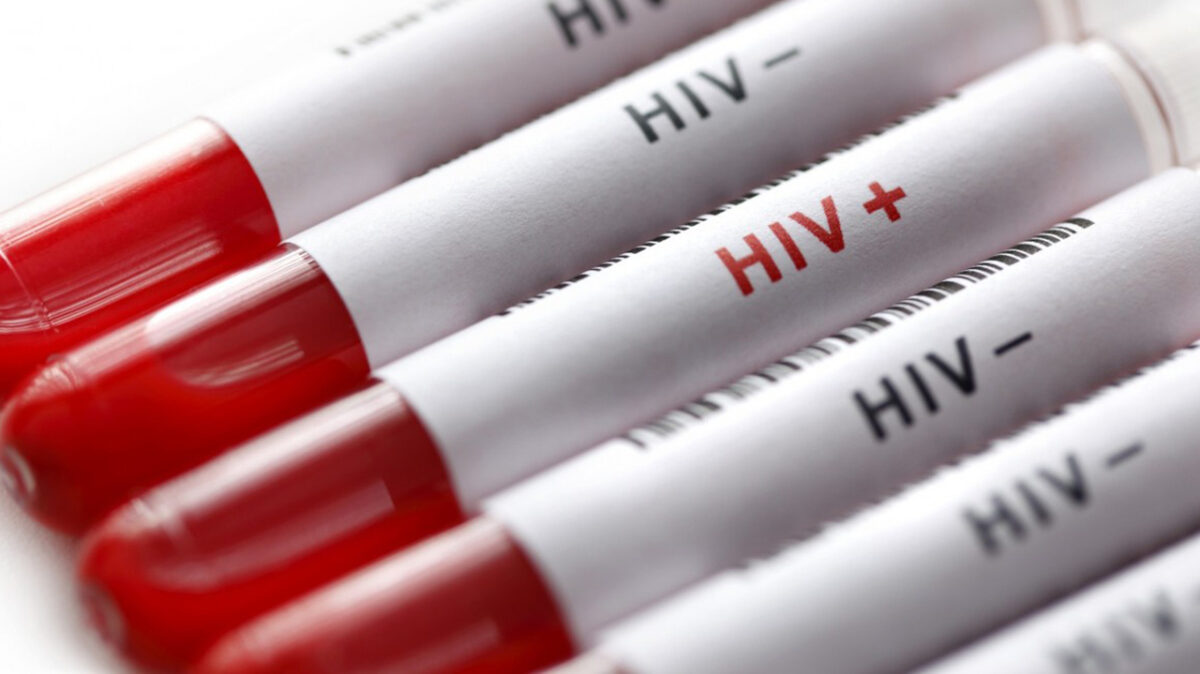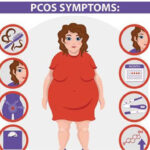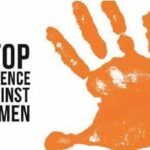In the year 2000, Aisha Bello lost everything when she tested positive for HIV. Her husband left her, her health was failing and she was cast aside by society. Aisha turned to the streets and later to the Church for assistance. Today, she is the first Muslim woman to reveal her status in Kaduna State, and a mother of six adopted children living with HIV/AIDS, who finds joy in mobilizing and motivating other women living with the disease. In this report, Aisha shares how she overcame adversity, found the courage to keep moving and why she lends her voice to other women living with HIV/AIDS.
Aisha Bello had dropped off five women living with HIV/AIDS at the 44 Army Reference Hospital Kaduna on Monday when she met with Daily Trust correspondents for a chat.
Her 1996 Honda civic model vehicle could barely accommodate her passengers, but Aisha, a mother of eight boys; six adopted and living with HIV/AIDS didn’t mind, she had squeezed them, in her determination to ensure that women living with HIV/AIDS get access to their antiretroviral drugs and are treated with dignity and respect.
“Some of these women don’t have the transport fare to go to the hospital for their drugs, some have no food to eat with their drugs and so I step in to take them to the hospital and take them back home,” she said. “Just recently, a lady drank poison because she tested positive coupled with the fact that her husband abandoned her and the children.
“We cannot allow her to die like that, she is now being treated and after that, she would start to take her drugs,” she further said.
Many women diagnosed with HIV/AIDS are being stigmatized and shunned by family, friends and their communities, so women like Aisha Bello step in to give them hope, mobilize them, counsel them and motivate them never to give up on life.
The mother of eight says her own motivation and strength come from a place of pain and despair after she was diagnosed with the disease two decades ago.
With a big smile on her face, a jovial spirit that immediately endears her to many, Aisha tells our correspondents that two decades ago, she had lost the spark she now exudes.
Daily Trust reports that Aisha’s story is one that gives hope and strength. She was the first Muslim woman in Kaduna State to reveal her HIV status and has continued to pay the price for that courage even today.
In 2000, Aisha Bello lost everything when she tested positive for HIV/AIDS. Her husband of almost three years left her, her health was failing and she was cast aside by society.
Then, a mother of two biological boys, Aisha had turned to the streets but she was rejected, castigated and shunned.
“I took to begging if there is anybody that remembers a tall, lanky lady that was begging beside the female section of the Sultan Bello Mosque in Kaduna, that was me,” she told Daily Trust.
On the day she tested positive, Aisha said she had visited the hospital for what she thought was going to be a Malaria and Typhoid test, but unknown to her, the hospital had tested her for HIV/AIDS and had crudely received her diagnosis from a doctor who had no experience in counselling.
“The way the doctor told me my status almost killed me,” she said. “He just looked at me and told me ‘madam, we did malaria and typhoid test and it shows you actually have malaria and we did the HIV and I am sorry to say, you are positive.’”
“I stopped breathing at that moment, the doctor did not even notice my condition and he referred me to 44 hospitals and left. It has been 21 years since I stepped out of that hospital and I still cannot remember how I got home,” she said.
When Aisha revealed the result to her husband, she claimed he had simply given her N4,000 and asked her to go to the hospital for admission and then left.
She did not see him again until two months later when he appeared to inform her that he had taken another wife.
“My husband never told me he was positive and that his first wife died of HIV/AIDS,’ she said, adding that: “I was always falling ill and at a point, he told me it was an evil spirit, and I believed him.
“We started taking concoctions but it got to a point that my health was deteriorating rapidly and so I went to the hospital.”
As Aisha turned to the streets as a beggar, she decided to share her status with people she thought will show compassion.
“I showed my test result to some people, about five or six of them performing ablution around the Sultan Bello Mosque but they threw my results away and ran.
“I was shivering and crying,” she said adding that: “There was someone sweeping beside me, one Malam Nasiru, he asked me what was wrong and I showed him the result.
“He asked me to be patient and after the tafsir, he took me in his car.”
In a stranger’s car, Aisha narrated how she prayed he would end her life but instead, he took her to meet the Islamic scholar, Dr Ahmad Gumi, who formed a committee of three people and told them to care for her while he returned to Saudi Arabia.
However, when a member of the committee later asked her to seek help elsewhere, Aisha was once again cast out but she found help in the Church where the Holy Family Catholic church took her in and cared for her.
“I once woke up in the middle of the night because I couldn’t sleep, I performed ablution and wanted to pray but I was off-balance, I didn’t know in which language to pray to Allah and when I was finally able to, I said ‘Ya Allah, I have been diagnosed with a disease I am told has no cure, Ya Allah, please cure me and if you cure me, I promise to take care of anyone with HIV.”
Aisha said that prayer cured her soul as she, for the first time in a long time slept peacefully.
The next morning, she met a woman who asked her if she could speak in public and from there on, she was taken to the Al-Manar mosque where she made her status public.
Aisha also found love again when she married a man who was HIV negative, though she again became the subject of stigmatization when youths in an attempt to dissuade the marriage followed her with a gong throwing slurs of how a woman diagnosed with HIV/AIDS would live in their midst.
Though her second husband died of complications resulting from hypertension and diabetes, Aisha said many had doubted her and accused her of killing him. Now a member of the Nigeria Network of Religious Leaders Living with or Personally Affected by HIV/AIDS (NINERELA+), the mother of eight has found her courage and now lends her voice to those who have lost theirs, she has become unstoppable even in the face of stigmatization.
“I have been driven from my home, I have been sang to and disgraced and between 2018 to date, I have changed my children’s school about four times because of stigma,” she said.
“I have six adopted children and sometimes they tell me to stop going on TV to reveal my status but I tell them I have to, I do it for them,” she said. “One of them is in the university, two are in secondary school and three are at home,” she said.
She expressed concern at the seeming neglect of children living with HIV/AIDS saying, “people want to adopt children, but nobody wants to adopt a positive child. People talk about vulnerable children but they don’t remember children living with HIV.”
At home, Aisha’s runs a tight shift when it comes to food and medication. “At 7 am daily, we all come together to take our drugs after breakfast and at 6.30 pm, dinner is ready so that we can take the drugs by 7 pm.”
Ramatu Yushau, a member of the support group for women living with HIV said, “There were times I did not have money for transportation and I would call aunty Aisha and she would help me get my drugs”.
Also speaking, Rakiya Zubairu, one of the women Aisha Bello dropped off at the hospital to get her antiretroviral described Aisha as an angel sent to her by Allah.
“She met me when I was on the brink of collapse, I had no food and my children were starving. Through her efforts, I got food donations and my children were enrolled in school. She also conveys me and a few other women to the hospital to get our drugs every three months.”
Aisha Bello’s message to Nigerian women is clear and simple: “Leave no woman behind, especially those living with HIV/AIDS”
“We also need to focus on women who cannot talk, those who have been silenced because they are ashamed to talk due to their status. Those who are stigmatized,” she said.

 Join Daily Trust WhatsApp Community For Quick Access To News and Happenings Around You.
Join Daily Trust WhatsApp Community For Quick Access To News and Happenings Around You.


